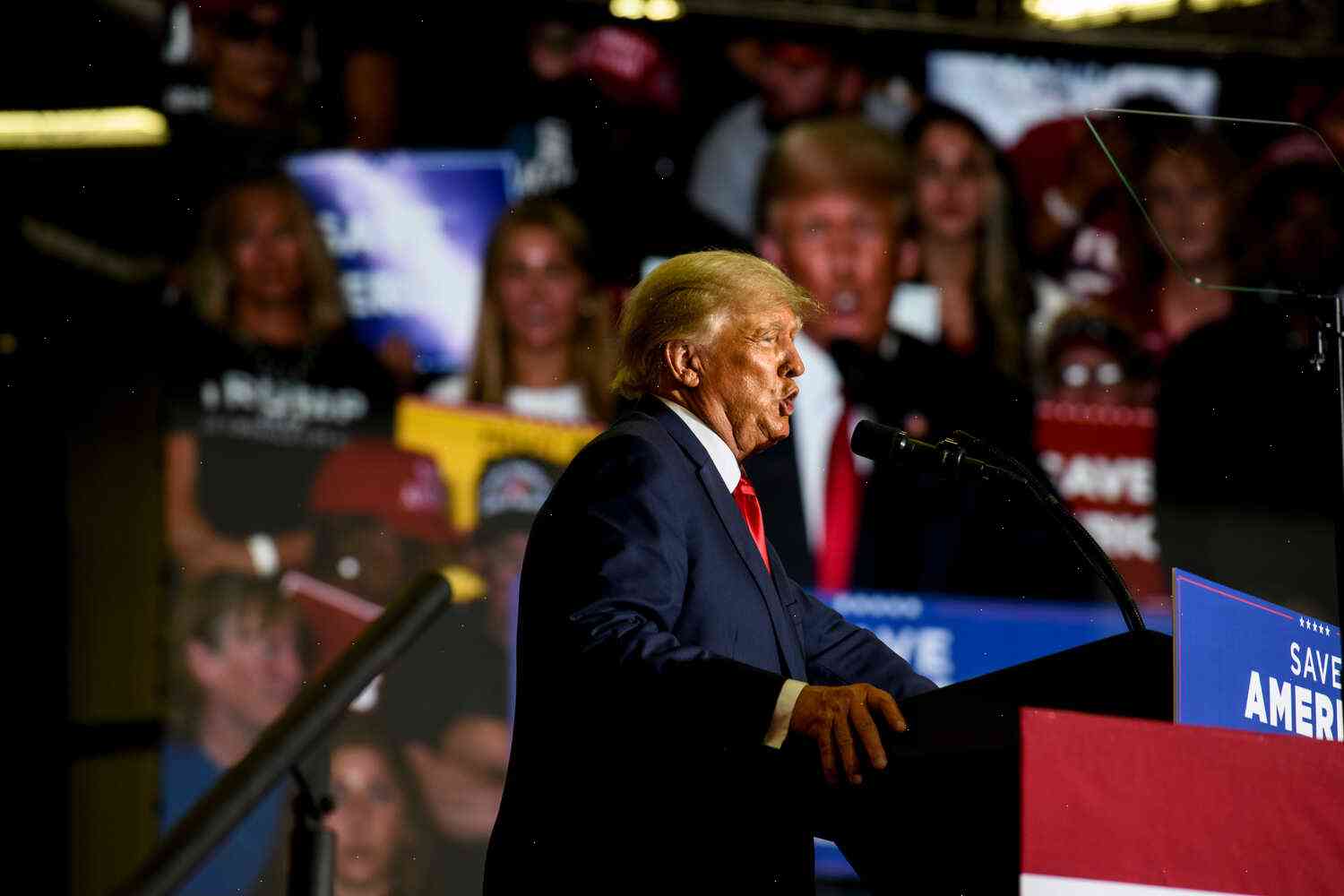How Trump Could Resist the Jan. 6 Panel’s Subpoena
If Donald Trump finds a way to refuse a Congressional subpoena, his legal team could tell the court.
The House Judiciary Committee on Thursday scheduled a private meeting to discuss how it can compel testimony from President Donald Trump as it considers if the U.S. president obstructed justice or committed a crime by firing former FBI Director James Comey in early May.
“We are in a position where we have to consider how we can move forward in securing testimony from the president so that we can make an informed decision about whether we believe it is credible,” House Judiciary Committee Chairman Bob Goodlatte, R-Va., said in a statement.
The House is planning to issue subpoenas to Trump and other members of his administration.
The court fight is one of the most consequential fights of the Trump presidency.
President Donald Trump testifies about Russia probe on Capitol Hill in Washington on May 16. (Photo: SAUL LOEB/AFP/Getty Images)
If Trump refuses to cooperate, it would become a major test of whether the Constitution protects an individual’s free speech rights or if Congress can compel testimony from the most powerful man in the world.
If Trump refuses to comply with the subpoenas, Trump could be found in contempt of Congress, a criminal act that could carry the death penalty.
If the president refuses to comply with the subpoena, the court could ask the Trump administration to explain its constitutional right to protect confidentiality, which would further fuel the argument that the president has to comply.
If the president refuses to comply with the subpoena, it could become the most important legal battle of the Trump presidency. The fight could go all the way to the Supreme Court.
But legal experts say Trump’s team has a very narrow legal ability to refuse complying with subpoenas: The president cannot just claim executive privilege and then refuse to comply because doing so would raise a serious question of whether his rights as a U.S. president were violated.
“This is a situation where he has to either follow the law and either testify in open session or risk a subpoena,” said George Washington University law professor Randy Barnett, a former chief judge of the U.S. District Court for the District of Columbia. “The only way he could avoid a subpoena

